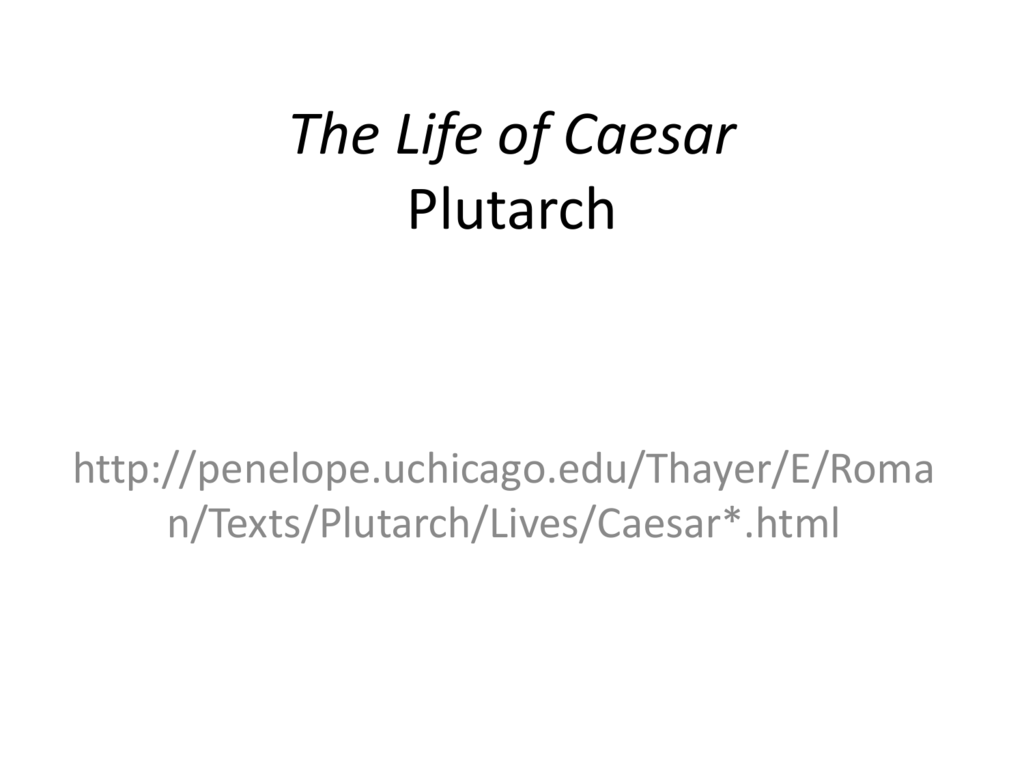
These latter include rhetorical works, moral philosophy, religious descriptions, and discussions of such matters as prophecy and the afterlife. Here there are mentioned 227 works which include biographies and an eclectic array of writings collectively referred to as Moralia. Just what is missing is indicated in a 4th-century list known as the Catalogue of Lamprias.

Plutarch was a prolific writer who became ever more productive the older he became but, unfortunately, a large number of his works have been lost. Indeed, Plutarch supervised the new building projects of both emperors at Delphi. He is credited with aiding the revival of interest in such ancient cults during the reigns of Trajan and Hadrian. From middle age, Plutarch was a priest at the sacred site of Delphi with its famous oracle of Apollo. He married a woman named Timoxena with whom he had at least five children. Although Plutarch visited Athens often, studying there philosophy under Ammonius, and he travelled to both Alexandria in Egypt and Italy, he lived the first part of his life in Chaeronea where he participated in public life and held several magistracy positions. His father was called Autobulus and his grandfather Lamprias, both of whom are mentioned in his work.

Plutarch was born to an ancient aristocratic Theban family in Chaeronea in central Greece sometime before 50 CE.

A prodigious and hugely influential writer, he is now most famous for his biographical works in his Parallel Lives which present an entertaining history of some of the most significant figures from antiquity. Mestrius Plutarchus, better known simply as Plutarch, was a Greek writer and philosopher who lived between c.


 0 kommentar(er)
0 kommentar(er)
